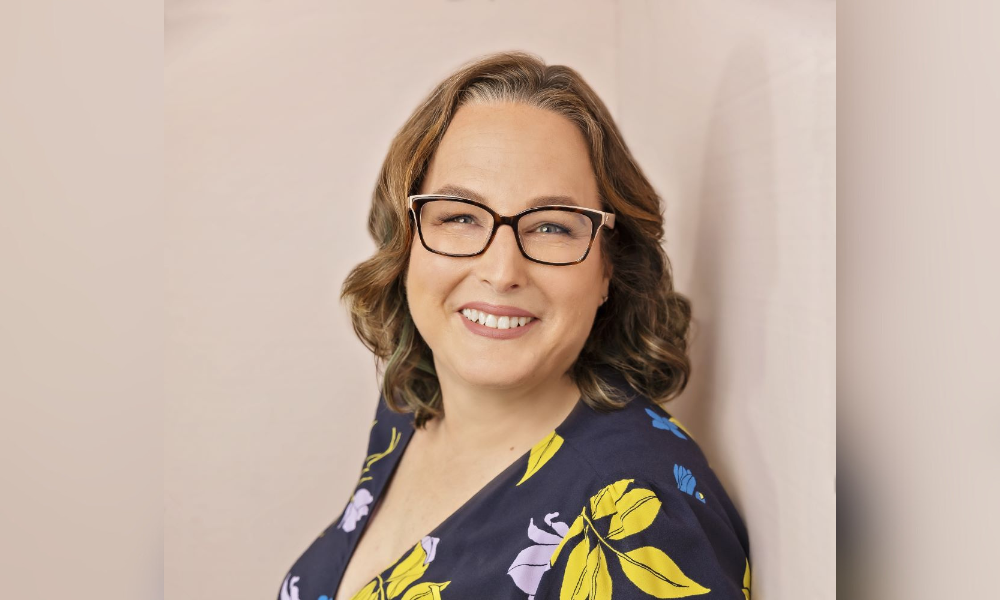Veteran advisor unpacks reasons behind clients’ ‘awkward silence,’ and why they might need help on their TCP search

While having a trusted contact person (TCP) should be a centrepiece of every Canadian’s financial planning, the lack of awareness and misconceptions around the term is holding back greater adoption.
That’s the concerning implication from recent investor research released by the Ontario Securities Commission (OSC), which revealed troublingly low TCP awareness among Canadians who were at least 50 years old.
According to the regulator’s “Profiles of Retirement” report, less than half of the members of that cohort (42%) – including 48% of pre-retirees and 37% of retirees in the 50+ age range – said they were familiar with the term “trusted contact person.”
Tracey Lundell, investment advisor at the Sea Glass Wealth Advisory Group with Harbourfront Wealth Management, says clients at her practice are often hesitant when she broaches the subject.
“When that comes up, I often find that it's more of a misunderstanding of what this trusted contact person designation actually means,” she told Wealth Professional. “There’s often this hesitation – an awkward silence, and maybe a little bit of a pushback. There’s always an education component that has to occur.”
When clients hesitate against their best interests
In another research report from 2020, the OSC sought to address the reasons why clients might not provide TCP information.
Through a review of literature from behavioural science, psychology and economics, it identified several key biases that could impact investors’ willingness to name a TCP, including:
- Optimism bias: The tendency for people to underestimate the likelihood of negative events;
- Avoidance of negative emotions: People’s tendency to avoid thinking about situations that create unpleasant feelings; and
- Illusory superiority: People’s tendency to overestimate their qualities, in relation to the same qualities of other people, which can lead clients to believe other people TCPs – but not them.
Lundell says TCPs are a point of discussion for every new client who enters their practice. Aside from new account openings, TCP conversations are also integrated into their clients’ regular annual review process.
“We don’t discriminate. We’ll ask that question to someone in their 20s, and we’ll ask that question to someone in their 70s,” she says. “A lot of the time, we have to explain that appointing someone as a TCP isn’t the same as giving them trading authority, power of attorney, or a position that gives people control over their financial affairs.”
In the OSC’s latest research on retirement, only 10% of survey respondents aged 50 and above were able to correctly identify the purpose of a TCP. Forty-one per cent thought a TCP would act as a substitute decision-maker on their account, and 36% said they do not know.
“We’d like every single client of ours to have a trusted contact person for a number of different reasons, and we’re very transparent about that,” Lundell says. “We tell clients ‘If we try multiple times to get a hold of you and can’t connect with you, or there’s potential fraud, or if we’re worried about you and your well-being, it’s someone we can reach out to.’”
Pop quiz: what if a client can’t name a TCP?
In the OSC’s research, more than two thirds of Canadians aged 50 and above (68%) reported not having appointed a TCP for their investment accounts. Within that group, 28% said they haven’t been asked to name one or didn’t know they could do so, and 22% said they don’t understand the purpose of a TCP.
Other reasons for not appointing a TCP include:
- Not having anyone they can appoint as a TCP (9%);
- Not having anyone they can trust enough to be a TCP (5%);
- Not wanting to appoint anyone due to privacy concerns (4%); and
- Thinking it’s too awkward to involve a TCP in their financial affairs (4%).
“We’ve sometimes had to help clients identify someone [who could be their TCP],” Lundell says. “They feel safer when they know we’re not going to be divulging any information about them, or sharing any information about their accounts or their money.”
While a TCP would ideally be someone within the client’s inner circle, like a friend or family member, Lundell says some clients end up having to appoint someone who’s not that close, such as their lawyer or accountant.
“I think in those cases, there needs to be extra due diligence. That would entail a conversation with us as well,” she says. “Whenever that’s happened, we’ve had a meeting with the client and the other person they’re naming, just so everyone understands the expectations and we can get a read on the situation.”
Have a story idea or suggestion? Email [email protected].



